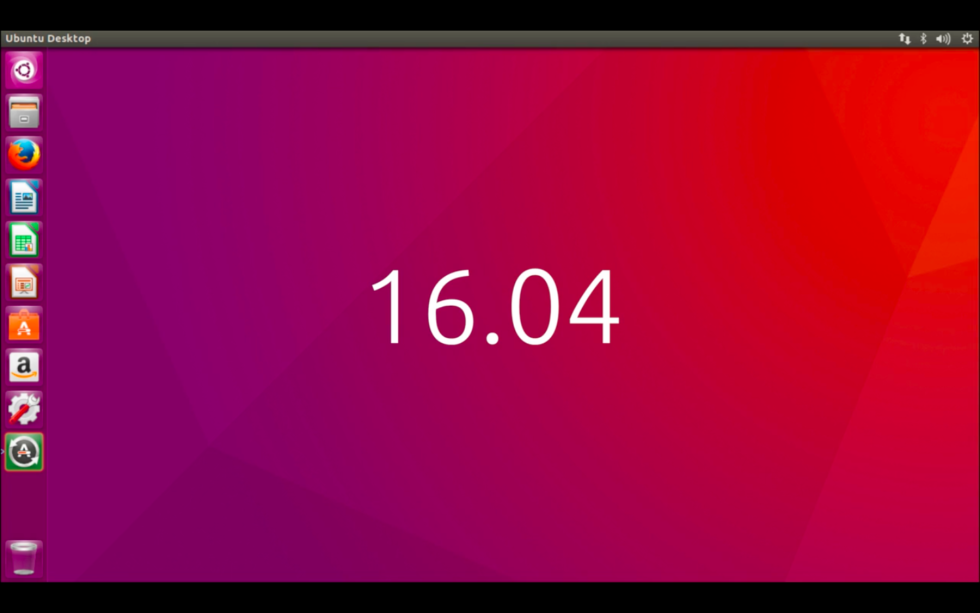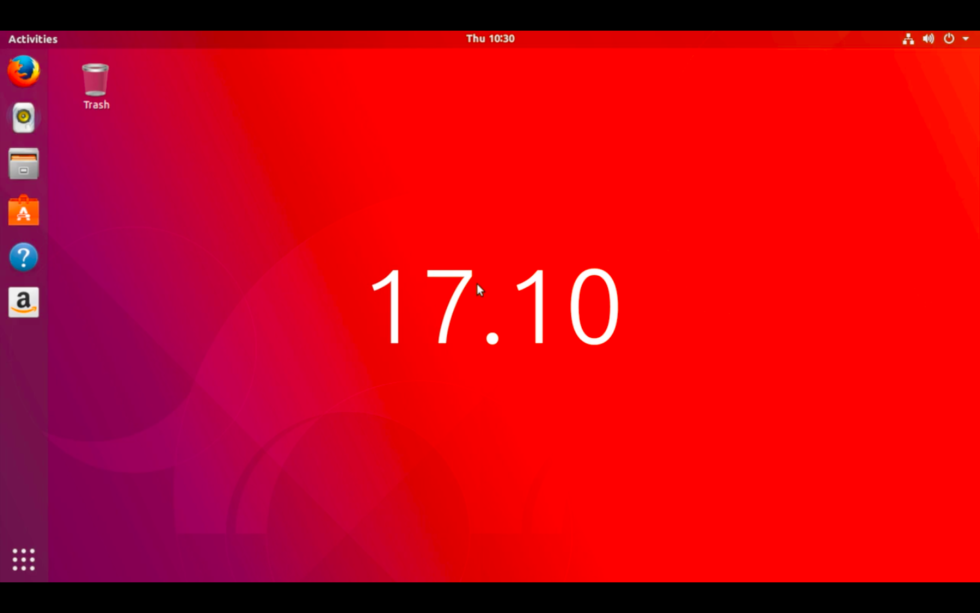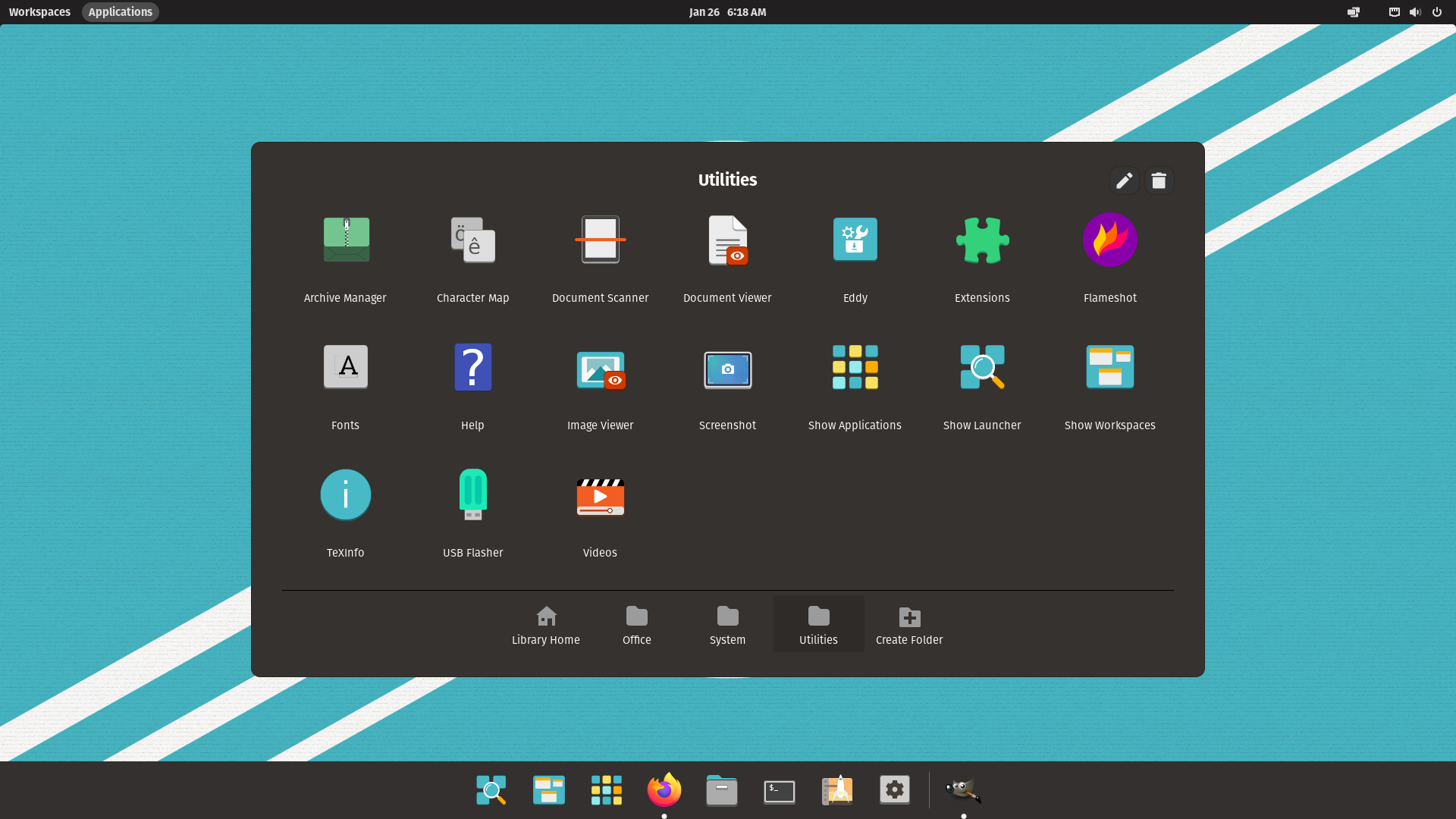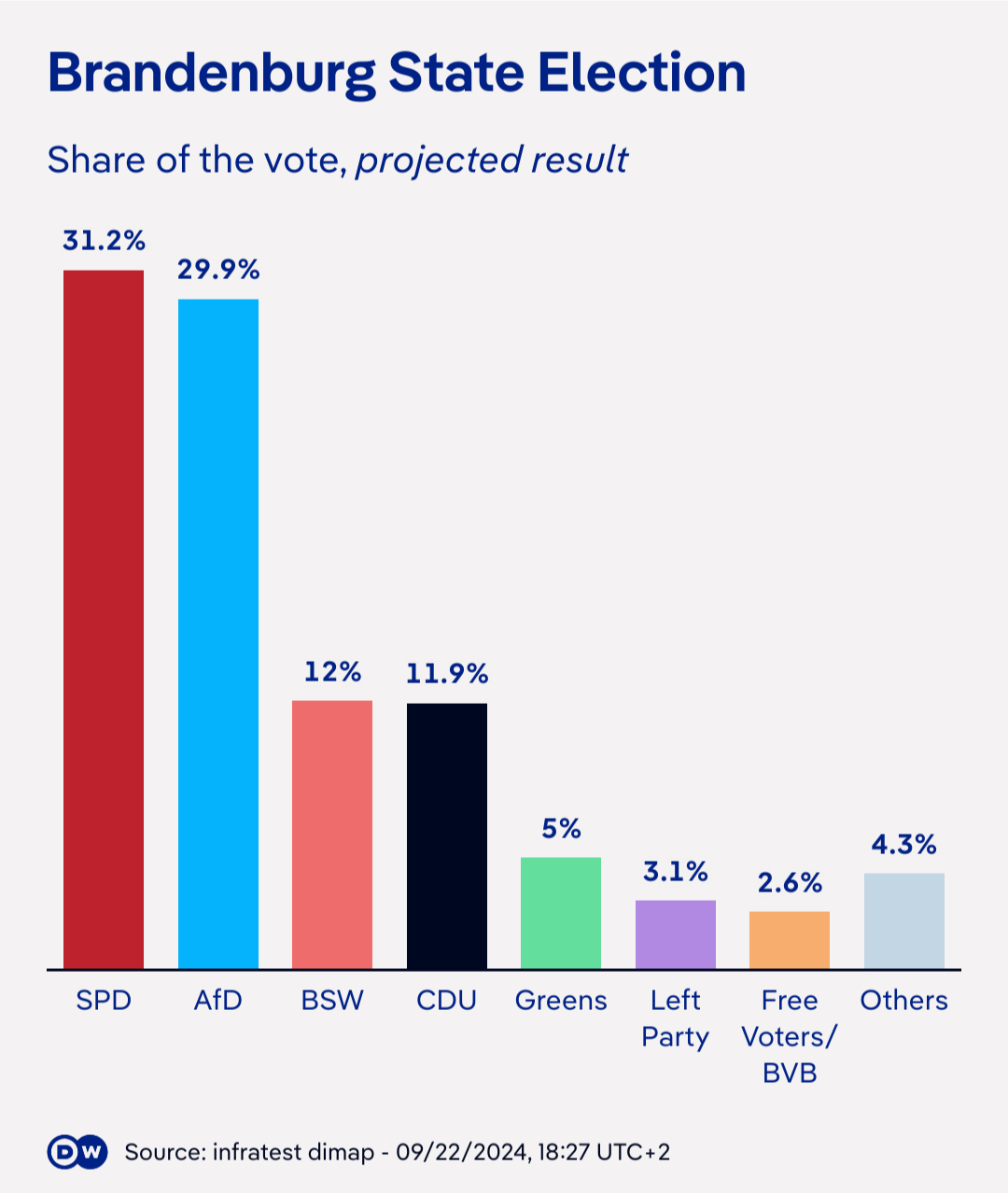I've added some qoutes from the article
Vittelius
published: 10.16.24
The article is almost a month old.
Eventually, yes. But we are not quite there yet. In January Scholz will face a vote of no confidence, which he is unlikely to win. At this point all parties may try to find new governing majorities within the current makeup of the Bundestag, our parliament. This is also extremely unlikely to succeed (not with only a few months left in the term anyway). And then a snap election is called
Öl is German for oil and it is winning most elections as far as I know
Sure, but he didn't advocate for a boycott, he talked about "going sailing" a.k.a. piracy
And that will improve the quality of the games how?
It's a term that goes back to the cold war. There was a strike and the Soviet Union ended it violently by rolling tanks into the city. This put communists all over the world into a bit of a dilemma: on one side of the conflict was the working class making their opinion known (a communist value) and on the other the Soviet Union (the good guys). So whose side should they take?
It was British communists who coined the term "tankie" for those who defended the SUs actions to brand them as "fake communists" who are more interested in identity politics (the good guys did it, therefore it's OK) than the plight of the working class.
The best part of the blogpost: They are going to invest even more next year.
Last week, the budget committee of the Bundestag decided to increase the Sovereign Tech Fund's allocation by €4 million for next year. We're honored and thankful for the German Parliament's recognition of the importance of open source technologies, and for their continued trust in our work.
This is your friendly reminder, that the Stop Kiling Games campaign is still running. I haven't been posting updates for a while, because progress has slowed considerably over the last month and there hasn't been anything to write about. But it feels relevant here.
(Campaign only running in select jurisdictions, the US is not one if them)
I have my non english language content seperated in a different library. This allows you to set the language of the meta data to German so you get German episode titles and descriptions. Downside is that the two versions won't be showing up in the same list (at least not on the web. Some clients might combine libraries)
Years ago I tried Ubuntu which used GNOME and assumed that its desktop layout was “the default” GNOME.
Ubuntu never provided a "default" GNOME experience, or at least not since the early 2000s. At one point Ubuntu had it's own desktop environment, unity, and when they abandoned the project and switched to gnome shell, they modified it to look similar to that. So we went from this:

to this:

I later tried PopOS which also uses it and it was the same
I doubt that. Pop_OS was never the same as Ubuntu. In the beginning it provided an experience that was arguably much closer to vanilla gnome than Ubuntu:

later they started to add their own flare customising the desktop a lot and rebranding all of this as Cosmic Shell:

I installed Mint I saw that it’s still fundamentally the same
Mint never used Gnome. They have their own desktop environment called Cinnamon, which uses some of the same underlying technology, manly the GTK toolkit but is it's own independent project.
Well, few days ago I installed Bazzite (Fedora) which is also GNOME. It doesn’t look anything like anything I’ve seen before
It still should be familiar in some aspects. The grid-view of all apps for example should be something that you know from Ubuntu (Pop replaces that part in more modern iterations - kinda). Bazzite still does modifications, they're just a lot more subtle than the ones from Pop and Ubuntu. But I agree with you: Gnomes workflow doesn't agree with many users. There are those who like it and they tend to really like it. Gnome wants you to heavily use keyboard shortcuts and virtual desktops and I found that casual users aren't really a friend of either.
So what is the default Gnome experience? try it out. There is an extension manger installed that ships with bazzite (and if not use the software store to install it). In it you can disable all the modifications. You can also install extensions to fix some of the usability problems. "Dash to Dock" tends to solve like 90% of them (It's also what Ubuntu uses for their modifications)


I think they mean "live" in contrast to theoretical, eg wargames